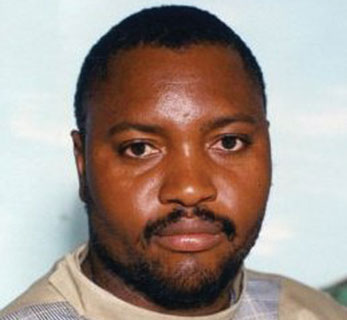
PARENTS the world over entrust teachers with the responsibility to solve their children’s literacy and numeracy issues. They do this without risking accusations of gross parental neglect.
Most if not all of the people who can read and write came via the normal classroom route. In that route, the teacher had the sole responsibility to make them learn to read and write.
Our parents, assuming that they were not school teachers, could not find the formula to do unto us what school teachers have to do.
Teaching is a job that calls for dedication and patience.
We all know that young children are restless and difficult to control. Primary school teachers face the worst in their quest to turn clueless young humans into disciplined learners.
The first year in formal education is the worst presumably for both teacher and learners.
Pupils start the first grade knowing nothing about reading and writing and knowing nothing about discipline and being collectively receptive to the teacher in front of them.
Like a miracle, the first grade teacher soon achieves his or her main objectives.
- Chamisa under fire over US$120K donation
- Mavhunga puts DeMbare into Chibuku quarterfinals
- Pension funds bet on Cabora Bassa oilfields
- Councils defy govt fire tender directive
Keep Reading
The dedicated teacher produces learners with an enthusiasm to read and write from the raw and clueless riff raff brats who could neither read nor write. Secondary and tertiary teachers add maturity to the skills started in humble primary school classrooms thus unleashing geniuses. The geniuses cannot be discovered without the primary school teachers establishing that secure educational base.
Daniso Dube’s story provides argument for the teachers’ case. Dube and I used to share a bench at primary school. He is now a high flying doctor of medicine in South Africa. His first day at school was hilarious as he was forcibly walked into the classroom on a leash. He did not know that he was destined to be a famous doctor.
Tja Butje, the one who is a teacher in Yeoville in Johannesburg was my classmate at secondary school. No-one ever thought that he could become a teacher as he was a radical of unhealthy proportions. Thanks to ordinary teachers, he succumbed to the spirit of disciplined learning.
The quest for learning is universal. It does not really matter what one is or who one is. As long as one wants to be literate and numerate, one has to go through the rigours of education and experience the guidance of dedicated teachers.
Teachers prepare people to look forward to challenging professional outcomes. After learning the initial skills of reading and writing, learners develop aspirations to do more within the field of education.
An educational system that is spearheaded by good teachers makes good citizens. Reputable teachers teach excellence and nothing bad. Classrooms only use the term bad sparingly to denote something that contradicts good.
Teachers, schools, universities and colleges do not confer certificates or degrees in violence; they strive to mould responsible individuals. Old schools and universities like Kutama, Empandeni and Fort Hare, to name but a few, would never give lessons in violence as they were sworn to producing useful citizens by enlisting quality teachers.
Teaching is known to drive innovation and self-reliance. Technology, a by-product of innovative education, has changed the appearance of the world we live in. Seeing the technological marvels around, one cannot shy away from praising teachers for stimulating idle brains.
For all their troubles, however, teachers get little or no recognition at all. They command recognition that is incongruent to the dedication and zeal they invest in assisting learners. Their salaries are an indictment of this cruel world. Teachers are given peanuts that cannot satisfy a tiny monkey on a diet. They get a pittance.
The teaching fraternity deserves some sympathy. They are not rewarded accordingly for their irreplaceable roles in education. The government is at fault. Since the dollarisation of the economy the cost of living has spiralled and teachers have not been immune to this cruel economic phenomenon. They have made this known and have exhausted all options they have except withdrawal of their labour.
If their employer fails to offer them a living wage they would be in their right to embark on industrial action to sell their point. Knowing the Zanu PF government, teachers’ strikes would be viewed as agitated by imperial powers to effect regime change.
Whereas the government knows that it pays teachers and indeed most civil servant insults, it will pretend that it does not know that people go on strike as a last resort. If teachers go on strike, the government will have a bunch of solutions to choose from.
The government can fire all the striking teachers and disrupt the country’s legacy. In suicidal fashion, the army and police may be sent to shoot or to arrest all the striking teachers.
A responsible government that is not morally and financially broke would address the issue head on.
Teachers need a living wage in order for them to continue extinguishing the lingering flames of ignorance. Masola Wadabudabu is a social commentator










